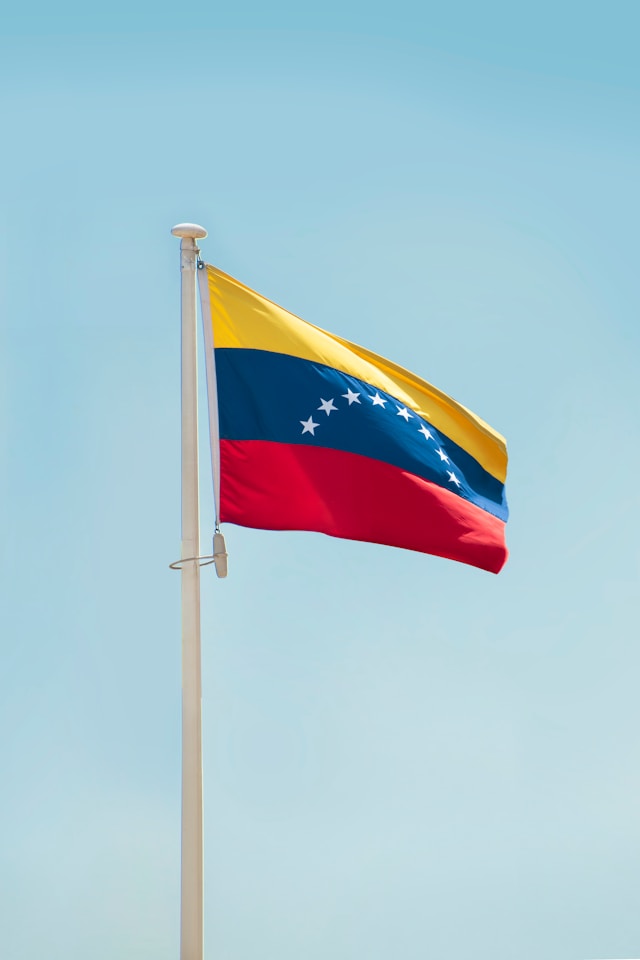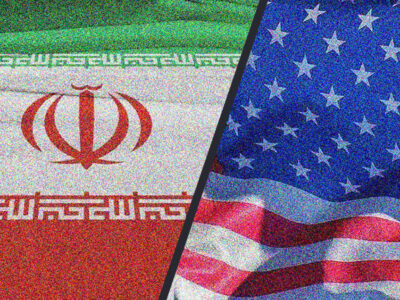Payam Javan: On Monday morning, both Venezuelan President Nicolás Maduro and his rival, Edmundo Gonzalez Urrutia, claimed victory in the presidential election. While the official electoral authority announced Maduro as the winner with 51 percent of the vote, opposition leaders and international observers have raised concerns about the legitimacy of the results. Despite the authority’s announcement, earlier exit polls had suggested Gonzalez Urrutia was leading.
Opposition leader María Corina Machado, who was barred from running in the election, has rejected the results, asserting that Gonzalez Urrutia actually won with 70 percent of the vote. She has called on the Venezuelan armed forces to acknowledge Gonzalez Urrutia as the legitimate president. Meanwhile, Gonzalez Urrutia has vowed to continue fighting until the will of the Venezuelan people is respected, while Maduro has portrayed his reelection as a victory for peace and has promised to initiate a “great national dialogue.”
International reactions have been critical, with many countries expressing skepticism about the election’s transparency. U.S. Secretary of State Antony Blinken and leaders from Chile, Italy, and Spain have all called for clear, verifiable results and transparency in the electoral process. Blinken emphasized the importance of fair vote counting and transparency, while other leaders echoed concerns about the need for detailed polling data and access for independent observers. Maduro’s administration has faced ongoing scrutiny due to economic collapse and deteriorating diplomatic relations.









